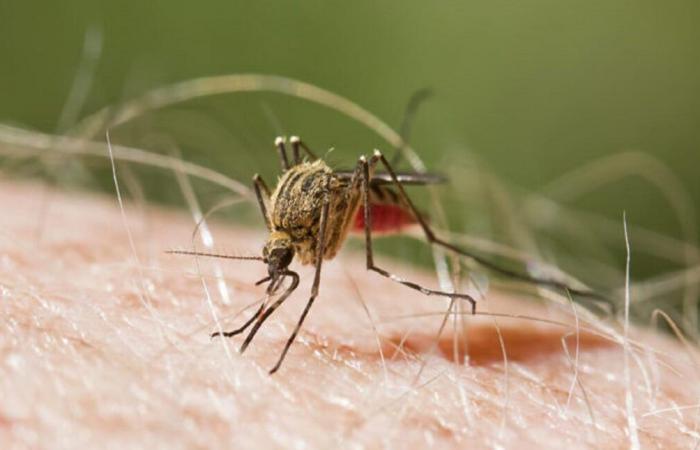Within the framework of World Malaria Day, the Pan American Health Organization (PAHO) issued an urgent call to the countries of the Americas to redouble their efforts in the elimination of this disease transmitted by mosquitoes.
Despite the advances achieved, recent data of the PAHO reveal a worrying stagnation in reducing cases in the region.
Malaria, also known as malaria, is an acute febrile disease caused by Plasmodium parasite, which spreads through the mosquito mosquitoes infected female.
While the initial symptoms can be mild, such as fever, headache and chills, the disease can progress to serious shapes and even be fatal if it is not properly treated.
In 2023, there were a total of 505,600 cases of malaria in the Americas, South America being the most affected region, concentrating 92% of cases.
PAHO experts point out that populations in areas of high load of the disease, such as Amazonian areas and communities in Haiti, face significant barriers to access a timely diagnosis and treatment.
The dispersion of indigenous communities, the high mobility of populations involved in extractive activities such as gold mining and insecurity in certain areas are identified as key challenges for the elimination of malaria.
Indigenous peoples continue to be disproportionately affected, representing 31% of all cases of malaria and 41% of the deaths related to the disease in the region during 2023.
Dr. Sylvain Aldightieri, director of the Department of Prevention, Control and Elimination of Transmissible Diseases of PAHO, emphasized the need for a “transformative change” to guarantee universal access to the diagnosis and treatment of malaria in all areas of transmission.
“A transformative change is necessary that guarantees access to the diagnosis and treatment of malaria in all territories where there is transmission, without geographical, cultural, legal or financial barriers,” said Dr. Aldightii.
Despite the persistent challenges, the PAHO highlighted important achievements in the region.
Since 2018, Paraguay, Argentina, El Salvador and Belize have been certified as malaria free countries.
In 2024, Surinam completed three years without native transmission, and countries such as Costa Rica, Mexico and Ecuador have reported significant advances in the interruption of disease transmission.
The PAHO reiterates its call to action so that more countries follow this path towards the elimination of malaria in the Americas.






